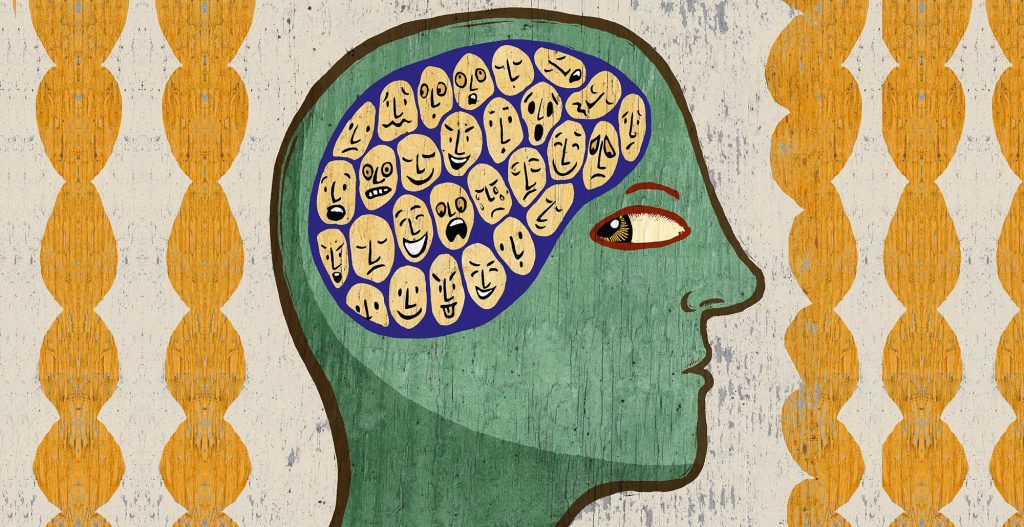History of Internal Family Systems therapy

Richard Schwartz, Ph.D., is the face behind IFS, i.e. Internal Family Systems Therapy, which is a model of psychotherapy created and developed over 30 years ago.
About the author of IFS
Before IFS saw the light of the day, its future founder, Richard Schwartz, was a family therapist. He is co-author, with Michael Nichols, of Family Therapy: Concepts and Methods, the most widely used family therapy text in the United States. During therapy work with his clients, he began to pay more and more attention to the language they used. When speaking about their internal world, his clients often used word “part”, saying, for example, “a part of me wants to divorce this man, while another part of me wants to stay in this relationship.”
Schwartz decided to listen to his intuition. Following the way his clients speak about parts of their personalities, he discovered something that forever changed his professional career and led him to create the Internal Family Systems Therapy.
Looking at both his own parts and the “internal families” of his clients, Schwartz understood that sub-personality is not just an automatic mode of our psyche or fleeting state of mind. Sub-personalities are the “people” inside us. What’s more, they are formed around specific needs (safety, sense of belonging, self-fulfilment, etc.) and have their specific desires, beliefs, fears and habits. They are also associated with specific emotions.
Free 3-day IFS course
Get access to my 3-day IFS introductory online course and get to know IFS therapy in an experiential way.
IFS Institute
In 2000, Richard Schwartz founded “The Center for Self Leadership” (and in 2019 it changed its name to “IFS Institute”) in Oak Park, Illinois. IFS Institute offers three levels of Internal Family Systems training, after completing which you can apply for the full certification as either an IFS Practitioner or an IFS Therapist.
Below you will find a 20-minute recording with Richard Schwartz talking about the foundations of Internal Family Systems (more about that you can also find out from the article "Basic assumptions of the IFS model")
